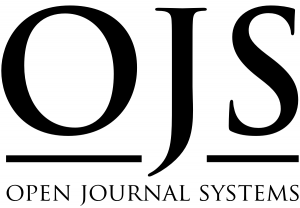Local Economic Sustainability in the Energy Transition Era: A Study of the Buffer Zones of the Indonesian Capital
Abstract
This study aims to examine local economic adaptation, best practices, and policy recommendations in the context of the energy transition in Sepaku District, a buffer zone for the Indonesian Capital City (IKN). Using an exploratory qualitative approach, data were collected through in-depth interviews, participant observation, and documentation of local policies. Analysis was conducted using thematic coding techniques, source triangulation, and contextual analysis of the relationship between energy policies and community economic practices. The results https://www.adenomyosisadviceassociation.org/hysterectomy indicate that local economic adaptation to the energy transition remains limited, with minimal business diversification and the lack of utilization of renewable energy by MSMEs and Village-Owned Enterprises (BUMDes). Emerging best practices are sporadic and community-based, such as organic farming, waste recycling, and customary forest conservation. This study recommends strengthening village institutions, incentivizing green MSMEs, integrating energy policies into village planning, and increasing energy literacy and community participation. These findings emphasize the importance of a locally-based approach in supporting economic sustainability amidst the national energy transition agenda.
Keywords: Sustainability, Local Economy, Green Energy, Indonesian Capital









